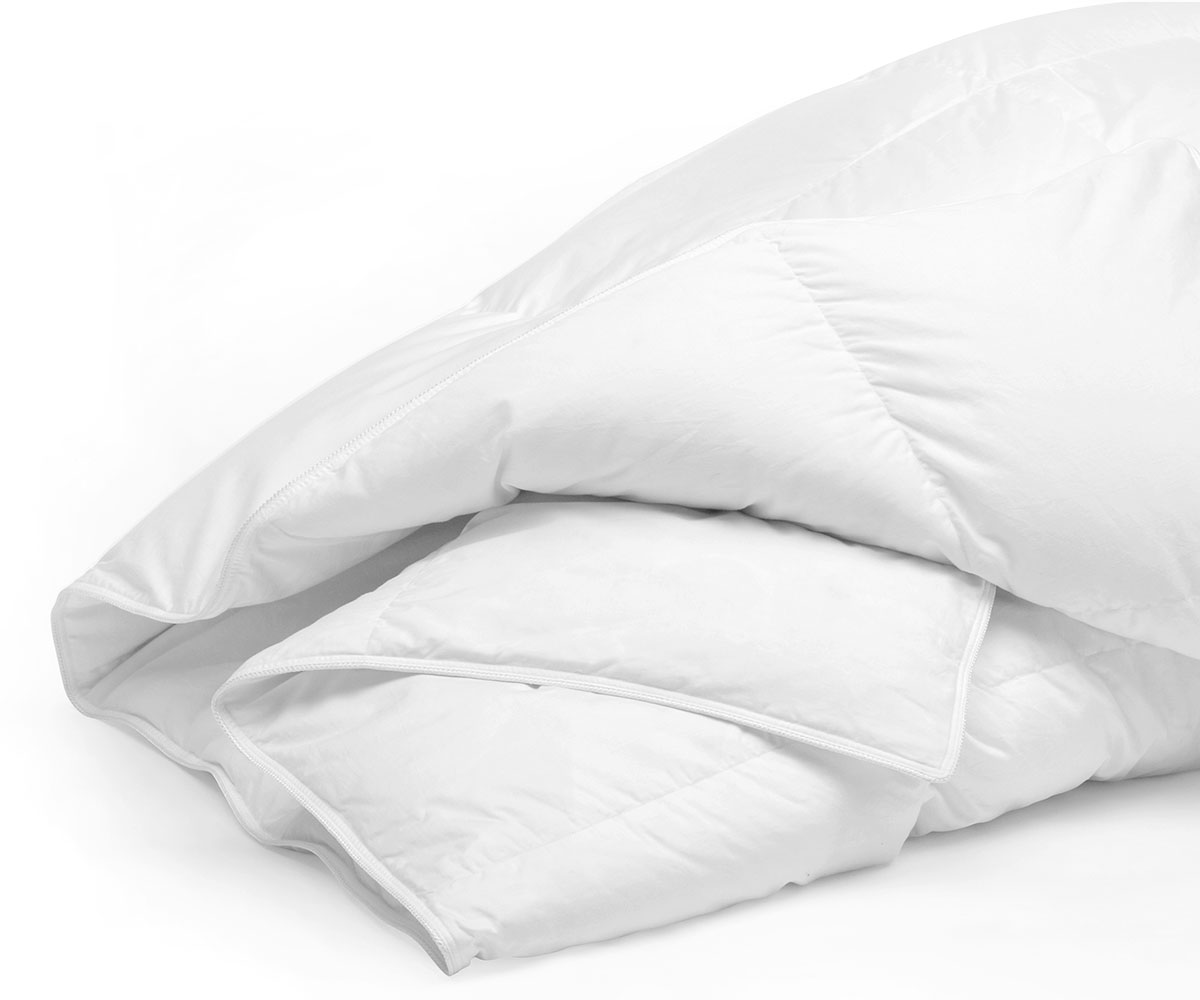In the hospitality industry, the quality of a guest's sleep can significantly impact their overall experience and satisfaction. A comfortable, luxurious bed can make guests feel pampered and well-rested, while durable bedding ensures the hotel's investment lasts through numerous guests and washes. Striking the perfect balance between comfort and durability in hotel bedding collections is essential for providing an exceptional guest experience while maintaining cost-effectiveness. This blog explores strategies for achieving this balance and why it's crucial for hoteliers.
The Importance of Comfort in Hotel Bedding
Comfort is a top priority for guests when choosing a hotel. The feel of the bedding, including the sheets, pillows, and mattress, plays a pivotal role in their perception of the hotel's quality. High thread count sheets, plush pillows, and supportive mattresses are all elements that contribute to a luxurious sleep experience. Here’s why comfort matters
Guest Satisfaction and Loyalty
Comfortable bedding can lead to higher guest satisfaction, encouraging repeat business and positive reviews. Guests who sleep well are more likely to return and recommend the hotel to others.
Brand Reputation
A reputation for comfort can set a hotel apart from its competitors. This differentiation can be particularly important in markets with many similar options.
Wellness and Well-Being
High-quality, comfortable bedding promotes better sleep, which is essential for the overall wellness and well-being of guests. This focus on health can enhance a hotel's appeal, especially among health-conscious travelers.
The Necessity of Durability in Hotel Bedding
Cost-Effectiveness
Durable bedding reduces the need for frequent replacements, saving the hotel money in the long run. High-quality, durable materials may have a higher upfront cost but offer better value over time.
Maintenance and Upkeep
Durable bedding can withstand rigorous cleaning processes without deteriorating. This resilience ensures that bedding remains in good condition, maintaining a fresh and inviting appearance for guests.
Sustainability
Investing in durable bedding aligns with sustainable practices by reducing waste. Hotels that prioritize sustainability can appeal to environmentally conscious guests.
Strategies for Balancing Comfort and Durability
Egyptian Cotton
Known for its softness and durability, Egyptian cotton is a popular choice for hotel bedding. It has long fibers that create a smooth, strong fabric that withstands frequent washing.
Polyester Blends
Blending cotton with polyester can enhance durability while maintaining a soft feel. Polyester adds strength and wrinkle resistance, making it easier to maintain.
High Thread Count
While a higher thread count often indicates softer and more luxurious sheets, it's essential to balance it with durability. Sheets with a thread count between 300 and 500 can offer a good mix of comfort and longevity.
Proper Care and Maintenance
Implementing rigorous cleaning protocols that are gentle on fabrics can extend the life of bedding. Using mild detergents, avoiding high heat, and employing proper drying techniques can help maintain the integrity of the materials.
Investing in Quality
Investing in high-quality bedding from reputable suppliers can ensure both comfort and durability. Working with suppliers who specialize in hotel bedding can provide access to products designed to meet the demands of the hospitality industry.
Conclusion
Balancing comfort and durability in hotel bedding collections is essential for creating a superior guest experience while ensuring cost-effectiveness and sustainability. By carefully selecting materials, maintaining rigorous care standards, and investing in quality products, hotels can achieve this balance. Comfortable, durable bedding not only enhances guest satisfaction and loyalty but also supports the hotel's reputation and long-term financial health. As the hospitality industry continues to evolve, prioritizing both comfort and durability in bedding collections will remain a key factor in achieving success and standing out in a competitive market.





Comments